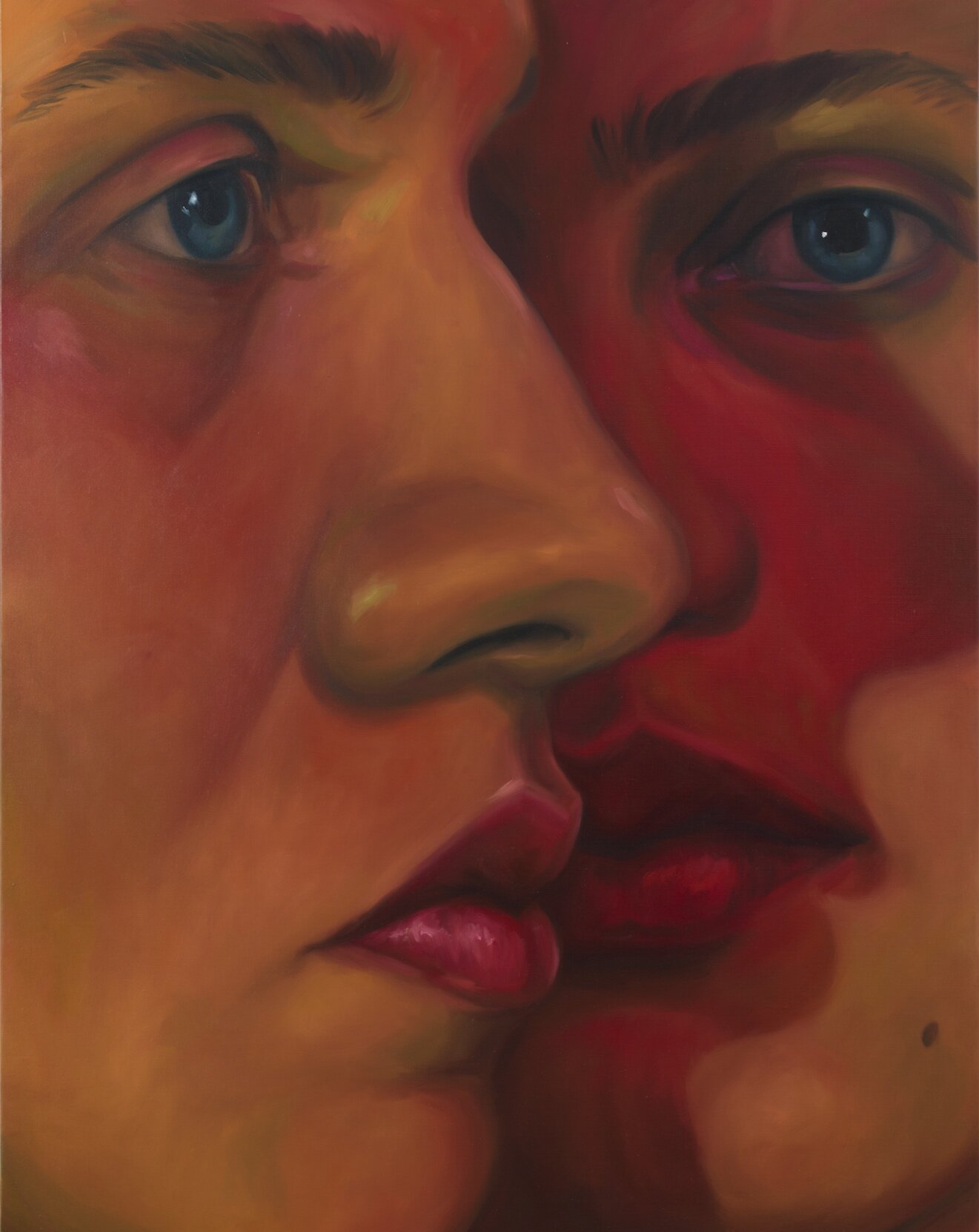Rejecting Normality.
Lauren Payne
she/her
I’ve never really felt “normal”. I’ve always felt that I’m on the outskirts of normal. Like, if my normality was to be graded, and the highest grade you could get was an A, my normality would be a C. It would just pass.
I feel like there are so many currents running underneath me that I don’t tell anyone about, because I’m afraid of being seen as abnormal. The number of conversations I’ve been in where I’d mention something I like, only to be met with blank stares is staggering. For example, I love music, but the music I like isn’t the “normal” top 40 that everyone loves, and it’s not avant-garde enough for the music snobs. It’s somewhere in between.
Normality is always on my mind because as much as I’ve tried to fit into the mould of normal throughout my life, I’ve just fallen short.
In school, I didn’t have a specific group I hung out with. Instead, I went between groups, spending my time with whoever’s conversations were stimulating me at the time. This was seen as very abnormal.
In my career, I’ve always gotten along with my direct team, yet I somehow always found myself bonding more with people in other teams. In one job, although I was in the content team, I found myself more excited by the people in marketing. Not because of the work they did really, but because they were more relaxed people. People who weren’t so hung up on their external image and industry connections (although they had many). This was abnormal for someone in my team.
Salut Les Filles by Chloe Wise
I think back to when I was growing up. Amongst the children of my parent’s friends, I was the oldest, by at least four years. I was the artistic one in the family, while everyone else was more focused on academics, or sport. In high school, I dated people from my after-school job, instead of from my class. I watched Amelie, while everyone else hid behind the seats in the movie theatre when Paranormal Activity premiered. I was always into the generic things, movies, music, dating… but the specifics were always slightly askew compared to the majority.
For most of my life, I wanted to be normal, but as I’ve aged, that’s stopped. I still get glimmers of it. Social comparison comes into play, especially when I see gen z writers flourish rapidly, while I, a jaded millennial, still grow at a snail’s pace. My internalised capitalism tells me I’m not working hard enough, when I’m prioritising rest for a change. I try to love my body and accept it, when I feel uncomfortable in it and want to be healthier.
I think to myself, “why can’t I just be normal and act like everyone else?” Then I remember, there’s no such thing.
Normality is following the patriarchal and capitalist beliefs our society is built upon. It’s buying fast-fashion to follow the latest trends, instead of buying clothes that are ethically made and will last a lifetime. It’s dying your hair green because it’s the cool thing to do, not because you want to. It’s trying to fit into this box that's been placed upon us since birth, and we’ve been unconsciously raised to believe it is the only way forward.
Nonpoetic Pillow Talk by Chloe Wise
Normality is an illusion, and I want nothing to do with it.
I want to embrace my duality, my contradictions and flaws. Every facet of myself is incredible, so why should I let ‘normal people’ tell me otherwise?
Normality is subjective. To say something is normal is simply to say something is common within your perceived reality. My reality isn’t your reality, and our reality isn’t the reality of our neighbours.
I reject normality because at our core, we know normality doesn’t exist.


